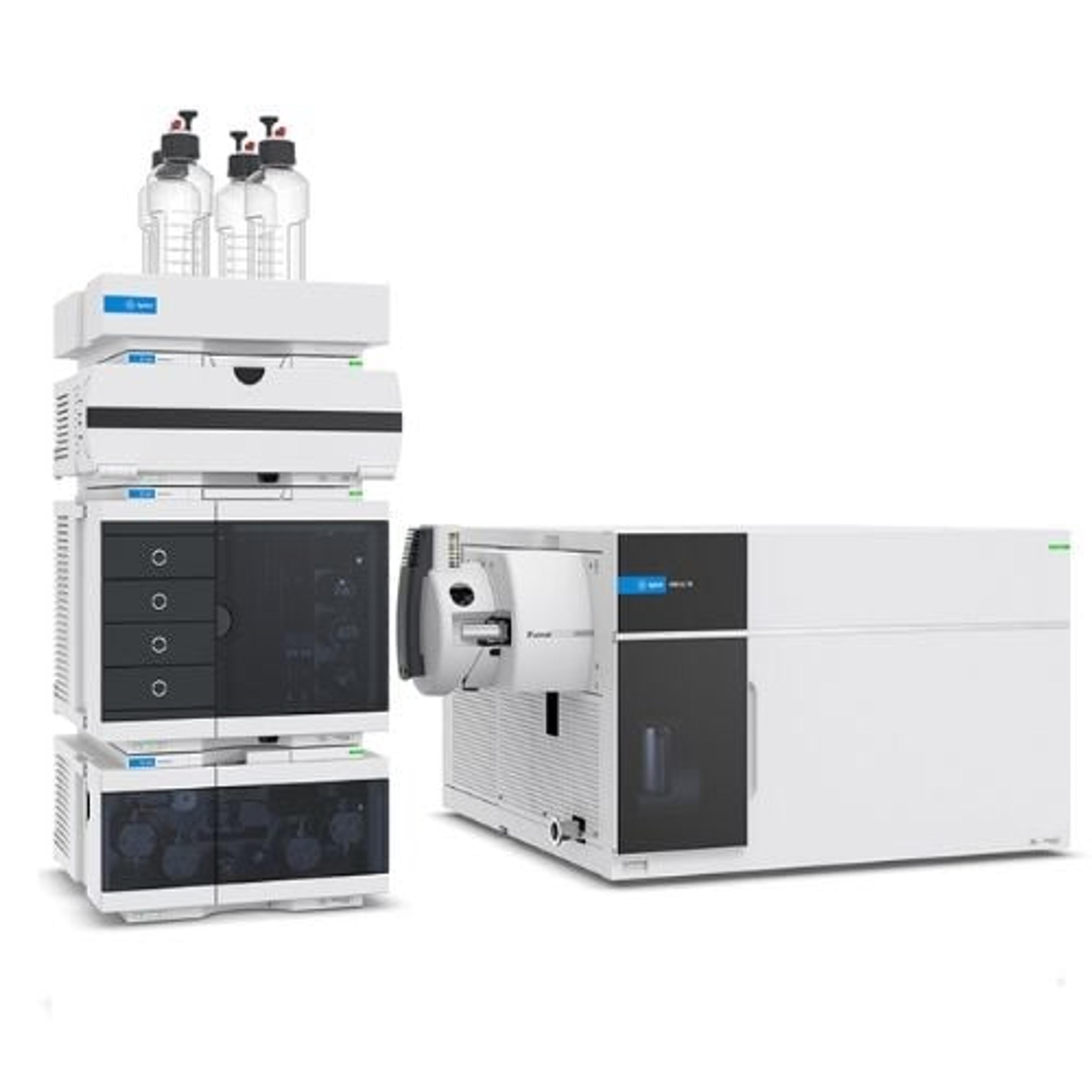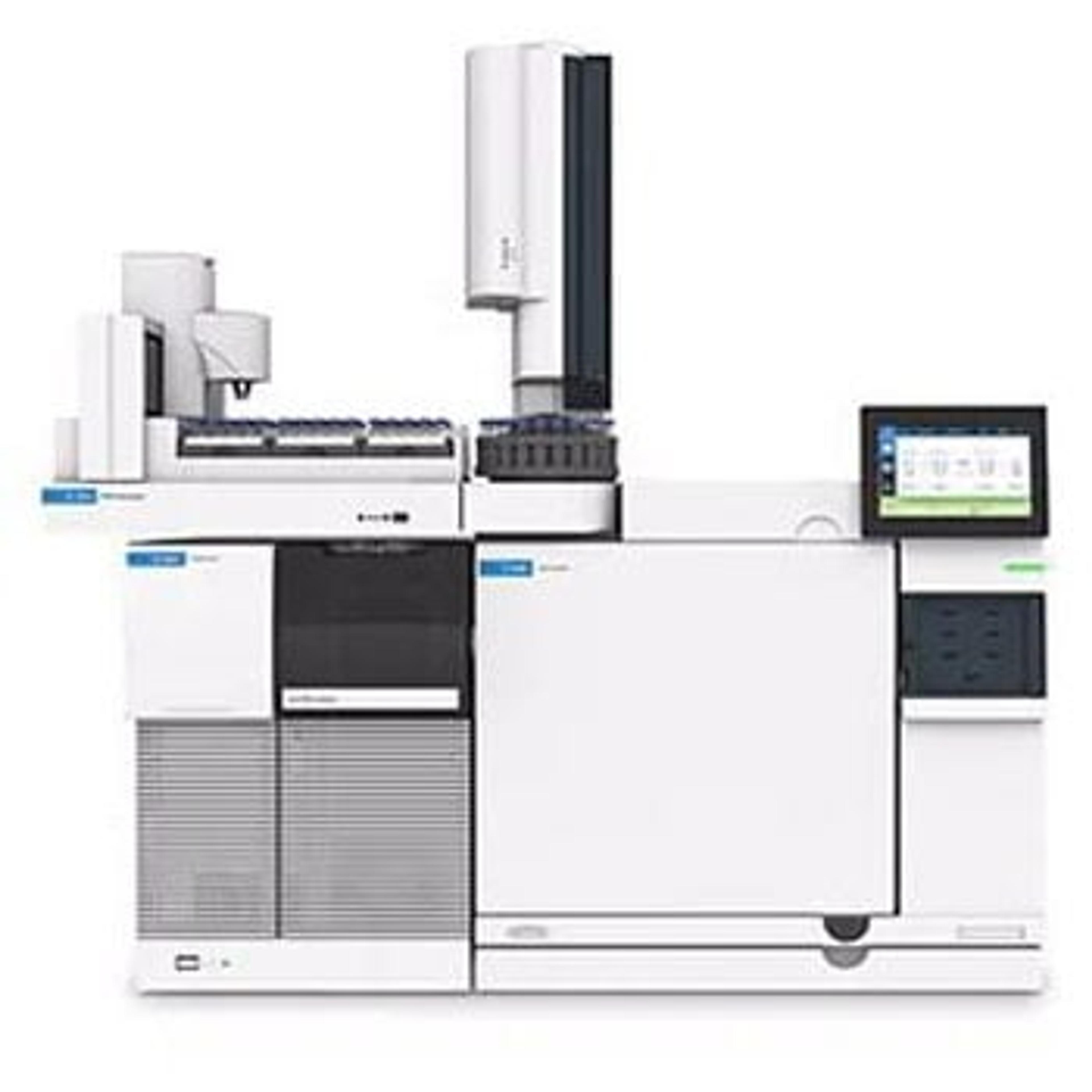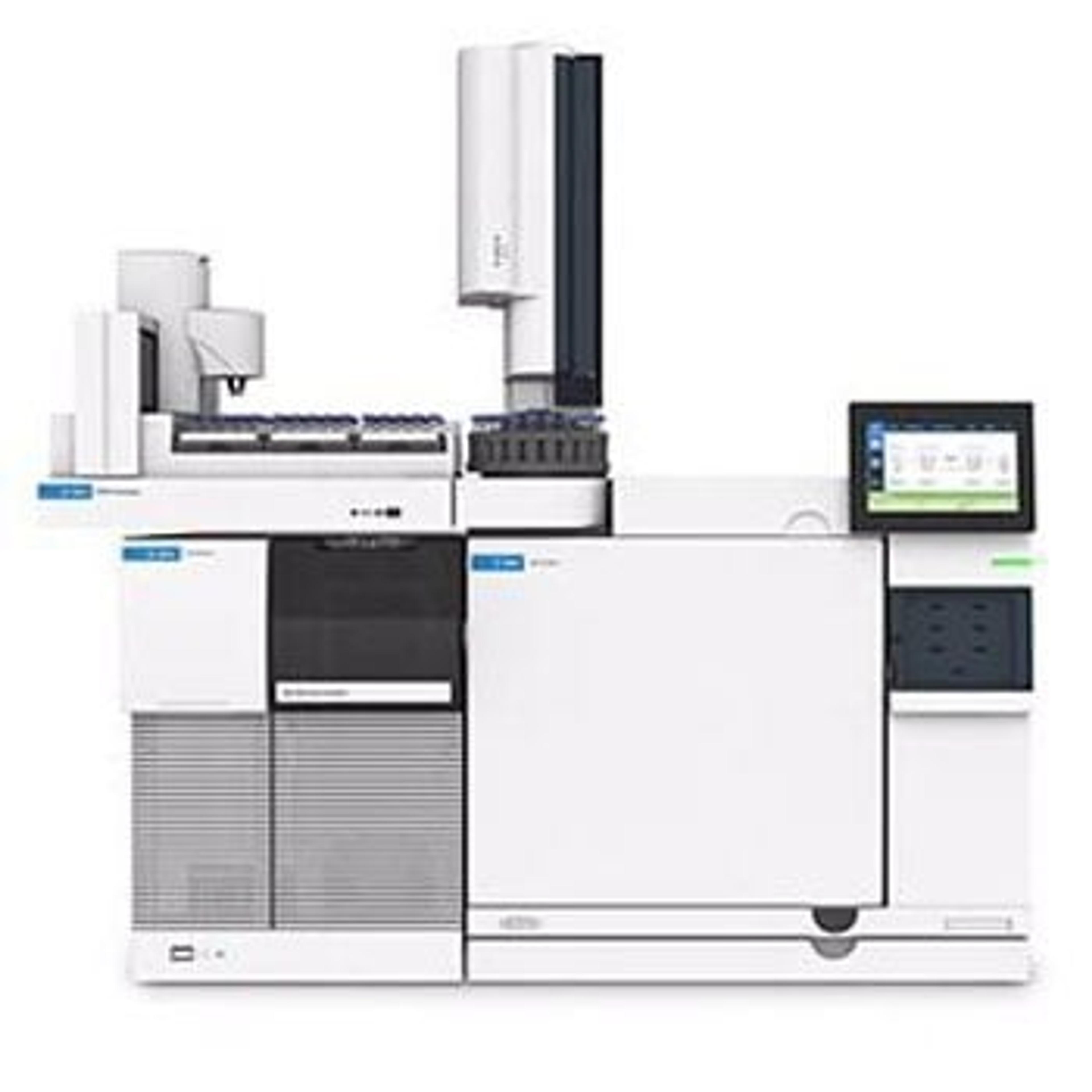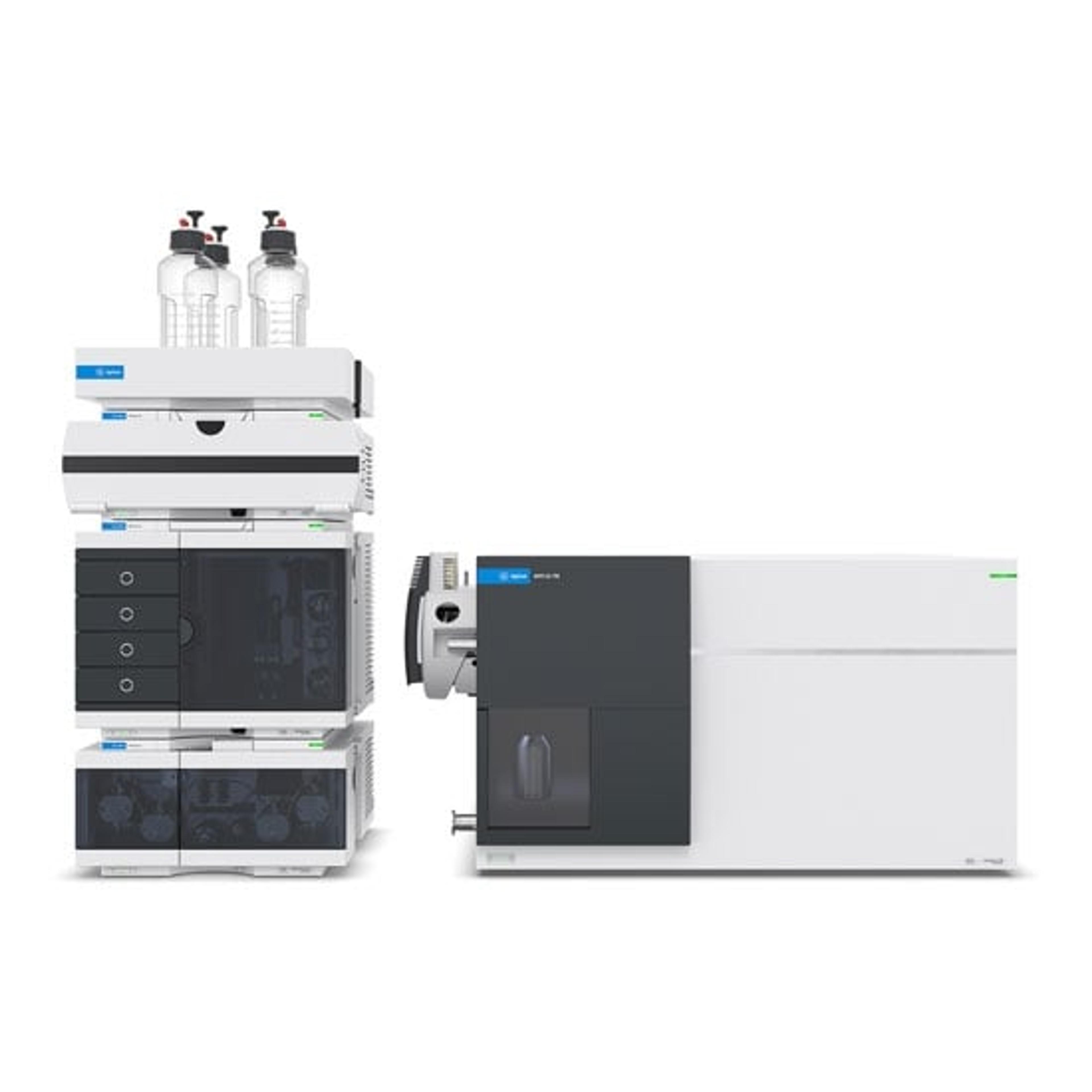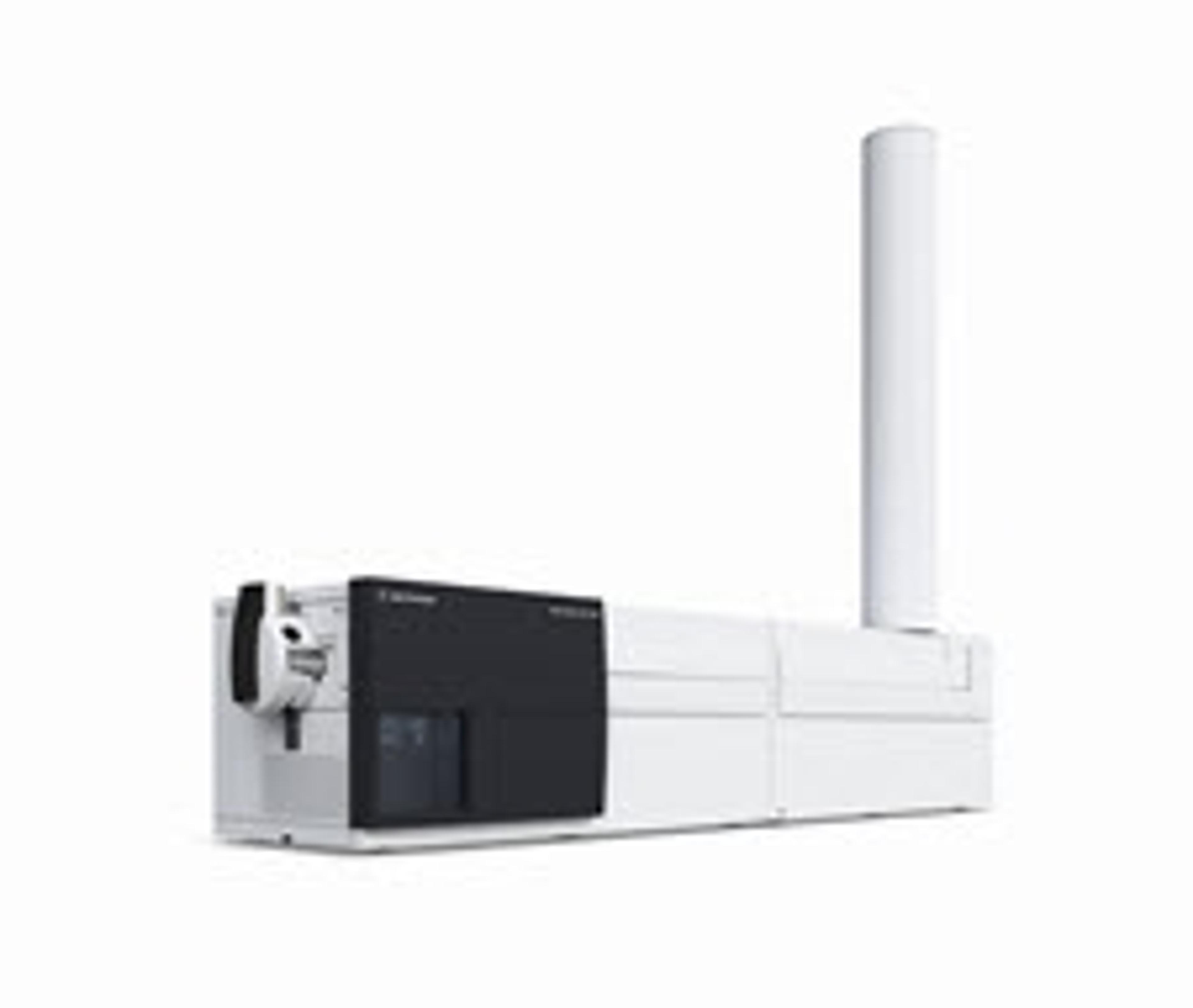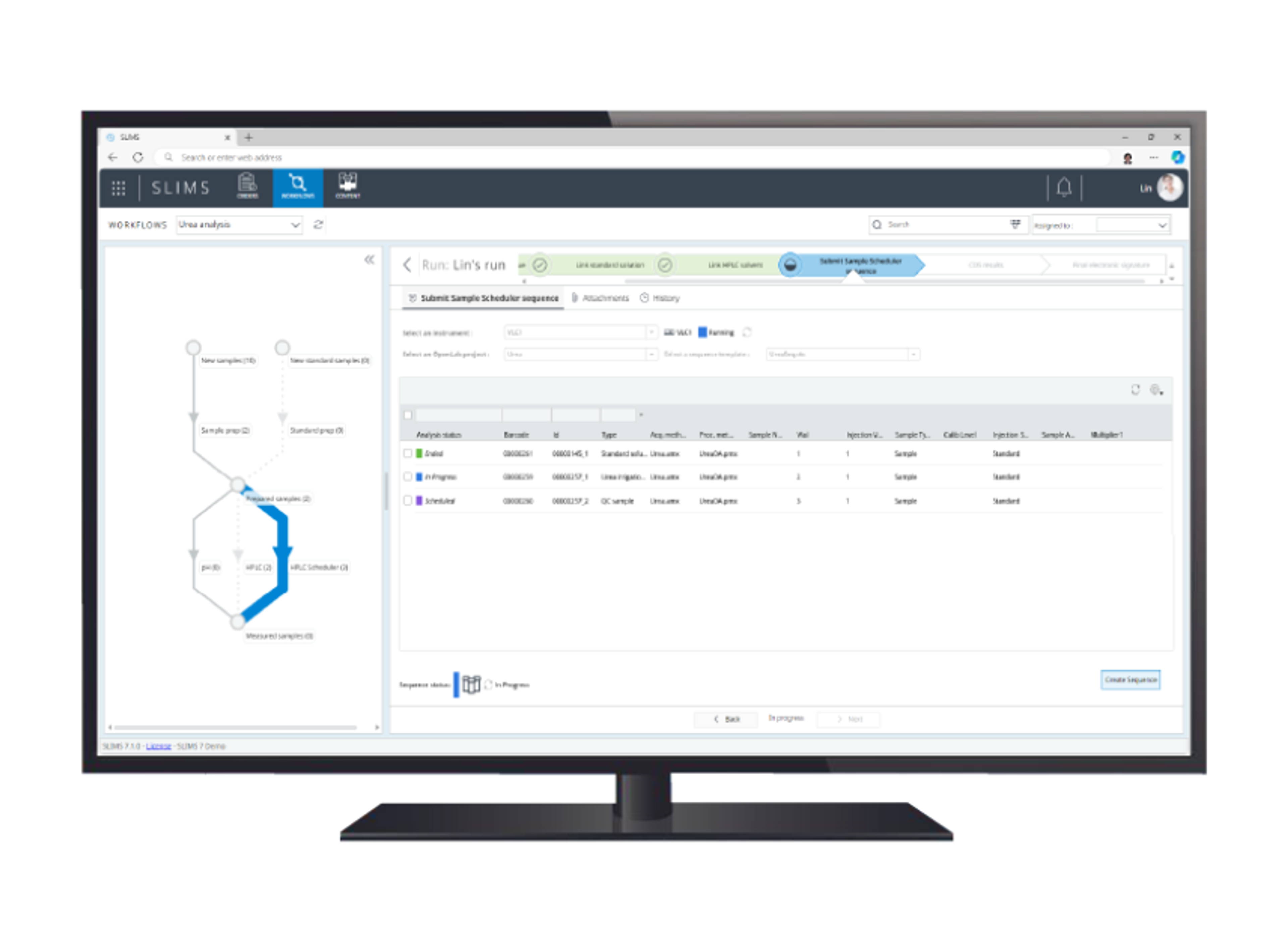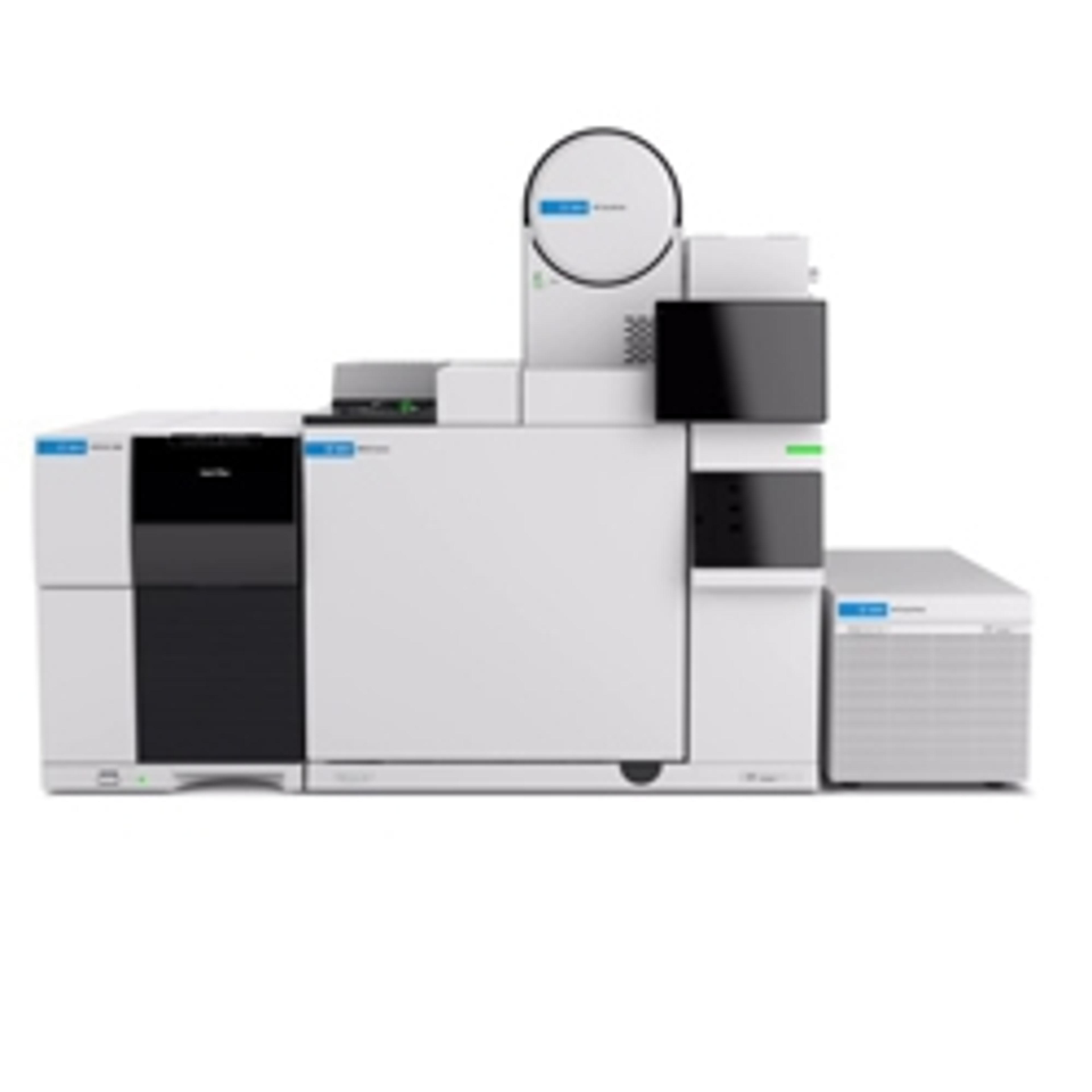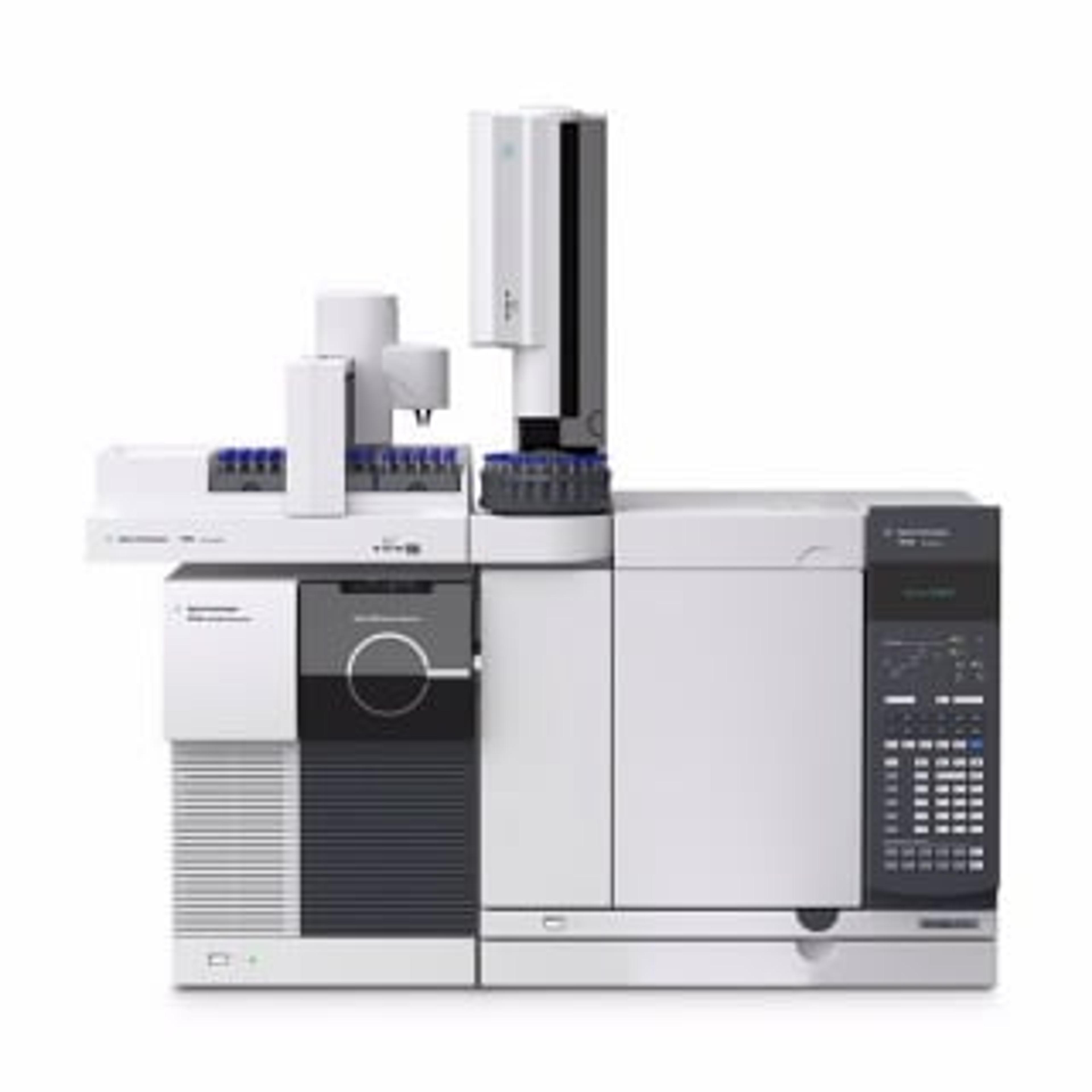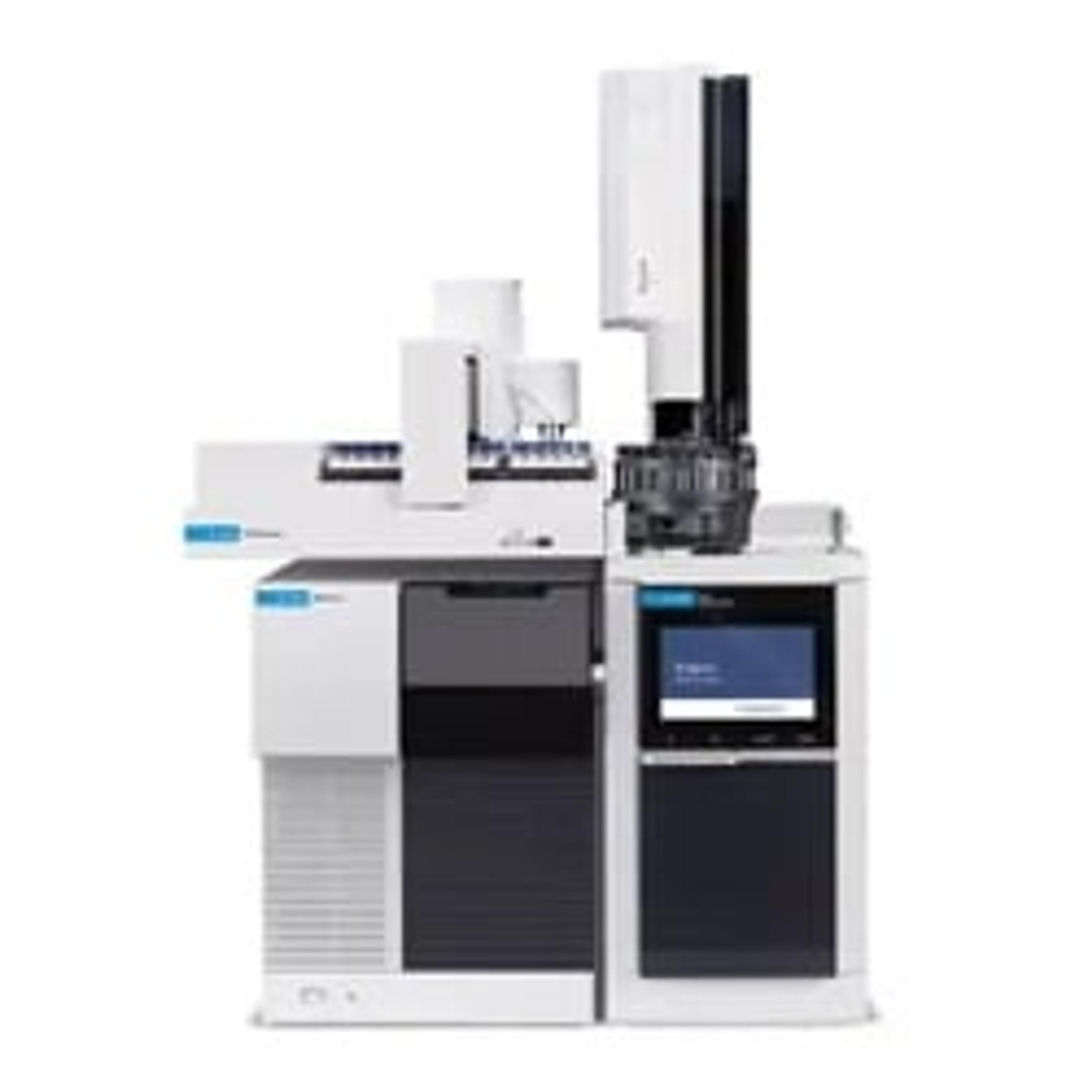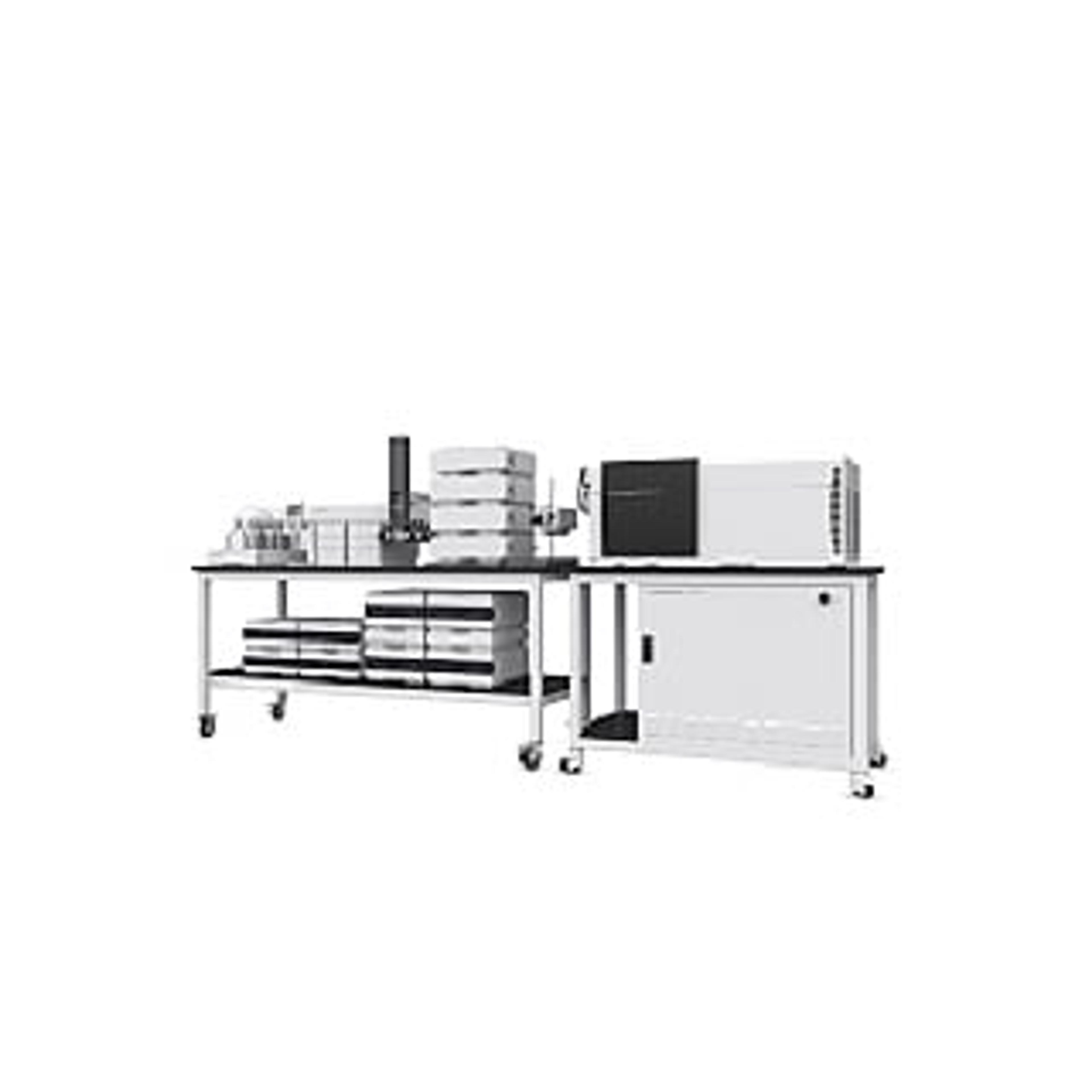How to navigate the lab digitalization journey
Gain insights from industry experts on how to approach lab digitalization and ease the transition from paper to pixels
21 Apr 2024

The message from laboratory professionals and digitalization experts who met to discuss the challenges and benefits of lab digitalization is clear: embracing digital technologies in laboratories is not just a trend, but a strategic imperative. Digital technologies will ensure operational excellence, help meet regulatory standards, and propel the industry forward.
In an ever-evolving world of technology, the laboratories of today are undergoing significant digital transformations to enhance operational efficiency, elevate quality standards, and drive innovation. The process of transitioning from traditional manual operations to a digitalized environment involves strategic planning, careful implementation, and continuous optimization.
The panel of tech and marketing professionals shared firsthand experience and insights into the nuances of lab digitalization, a comprehensive overview of change management strategies, best practices, and discussed the pivotal role of digital technologies in transforming laboratory operations.
Meet the experts
- Dr. Eliot Randle, Senior vice president of digital transformation, Digital Lab Consulting (DLC)
- Eric Kemp, CTO, Modern Canna
- Tony McKeown, LIMS administrator, doTERRA Global
- Jean-Guillaume Baumann, Senior product marketing manager, Digital Lab, Agilent Technologies
- Dr. Thomas Schmidt, Marketing director, digital solutions, Software & Informatics Division, Agilent Technologies
Key learning objectives:
- Explore the benefits and challenges of lab digitalization, and how to overcome common obstacles
- Discover strategies for selecting and integrating the right digital solutions for your lab's unique needs
- Learn best practices for implementing and utilizing your digital lab environment
The panel discussion provided valuable insights into the journey of lab digitalization, showcasing real-world success stories and emphasizing the importance of tailored digital solutions. It also explored how laboratories can embark on their digitalization journey with confidence, armed with the knowledge of best practices and the potential of digital technologies to revolutionize their operations.
Read highlights from the Q&A session as the panel answered audience questions.
Integrate analytical instrument data with LIMS
Eric Kemp shared his insights on the exportation of data produced from an analytical instrument to LIMS. He emphasized the customization capabilities within Agilent’s software packages, ensuring compatibility and efficient data transfer. A critical aspect discussed was the seamless integration of data produced by analytical instruments such as Agilent LC/MS/MS and GC/MS/MS with LIMS.
Capture non-instrument generated data digitally
The panel addressed the challenge of capturing data that is generated by individuals in the lab – observations, interpretations, and anomalies – that may not be detected by instruments or suitable for LIMS. Dr. Thomas Schmidt discussed the relevance of structured electronic protocols in capturing this supplemental information, and offered examples of tailored solutions like the laboratory workflow software, Agilent SLIMS.
Digitalization for operational excellence
Dr. Thomas Schmidt emphasized that digitalization is essential for achieving operational excellence in labs. He highlighted the business advantages and the increasing regulatory pressure for data integrity, both of which necessitate a higher degree of automation and technical controls.
Today’s digital reality
Eric Kemp shared thoughts on the idea of fully digital labs. In many laboratory settings and controlled environments, automation and higher throughput are prominent features. This is particularly true for testing laboratories where human interaction is minimal, enabling seamless 24/7 operations with minimal supervision. In these contexts, the data generated is entirely digital, showcasing the potential of fully automated processes. While not all environments are equally suited for this level of automation, it is undoubtedly achievable and holds immense promise.
Key attributes of an ideal partner
Tony McKeown emphasized the importance of a collaborative and attentive approach from a partner in the digitalization journey. He stressed the significance of a partner who listens to the unique needs of the laboratory, provides tailored solutions, demonstrates industry knowledge, and remains committed to the journey.
Impact of lab digitalization in the day to day
Dr. Eliot Randle expressed optimism about the impact of lab digitalization on scientists' daily routines. He emphasized that it should support scientists, making them more informed to enhance decision-making, test hypotheses, and drive innovation. The integration of voice recognition and AI technologies was also highlighted as a potential interface, especially in environments where manual data entry is impractical.

